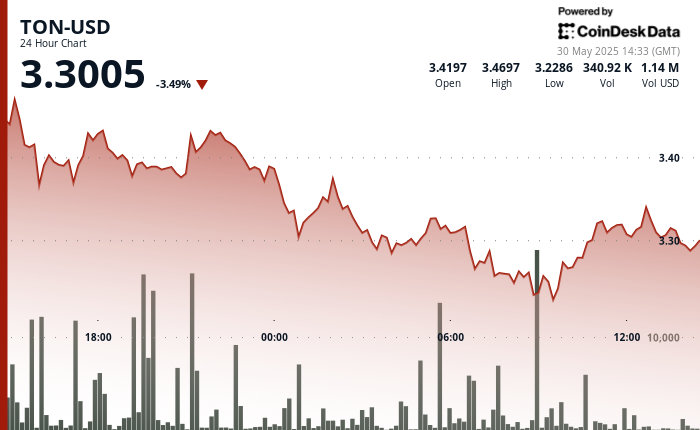
SEC Decision Simplifies Ethereum Staking for ETFs
The US Securities and Exchange Commission (SEC) has released fresh guidance clarifying that prevalent methods of crypto staking do not fall under the category of securities regulations.
On May 29, the SEC’s Division of Corporation Finance affirmed that individuals involved in staking activities—whether self-staking, delegated staking, custodial, or non-custodial—do not have to register these actions with the financial authority.
The regulatory body stated:
“The Division believes that participants in Protocol Staking Activities are not obligated to register with the Commission for transactions under the Securities Act, nor do they need to qualify for any exemptions related to these Protocol Staking Activities.”
This update also covers the provision of associated services. The SEC noted that offering features such as early withdrawal options, bundled rewards, slashing protection, or asset aggregation to satisfy minimum staking requirements does not automatically categorize these services as securities offerings.
The agency highlighted that these enhancements do not change the essential nature of staking according to federal law.
Staking plays a vital role in blockchain networks utilizing a proof-of-stake consensus model, where users lock their tokens to validate transactions and receive rewards.
This practice has been a point of contention over the years, especially as the SEC, under the leadership of former Chair Gary Gensler, took legal measures against companies engaged in such activities.
SEC commissioners respond
SEC Commissioner Hester Peirce, an advocate for clearer regulations in the crypto space, endorsed the decision. She characterized staking as a crucial component of proof-of-stake systems, where users help secure the network by voluntarily locking their tokens.
Peirce pointed out that regulatory ambiguity has deterred American users from participating in these networks, despite their critical role in blockchain infrastructure.
She remarked:
“The Division’s statement pertains to individuals who self-stake certain covered crypto assets on a proof-of-stake or delegated proof-of-stake network.”
Conversely, not all members of the Commission were in agreement. Commissioner Caroline Crenshaw criticized the staff’s interpretation, cautioning that it diverges from established legal precedent.
She contended that the Howey Test, an important legal criterion for identifying securities, was ignored in the assessment.
Crenshaw remarked:
“This exemplifies the SEC’s ongoing approach of ‘fake it ‘til we make it’ regarding crypto—acting based on anticipated changes while overlooking current law.”
Implications for ETFs
The SEC’s stance may have considerable ramifications for spot Ethereum exchange-traded funds, which are currently prohibited from staking their assets.
Nate Geraci, president of the ETF Store, observed that this guidance eliminates a significant regulatory hurdle for funds aiming to stake Ethereum or other proof-of-stake assets.
However, Geraci indicated that more clarity is still needed from the Internal Revenue Service (IRS), particularly concerning the treatment of staking rewards within the grantor trust structures commonly utilized by ETFs.
If the integration of staking into these ETFs goes smoothly, it could pave the way for a new revenue stream for investors and increase the attractiveness of crypto investment products in regulated markets.
Meanwhile, Ethereum ETFs have continued to gain traction, marking nine consecutive days of inflows that amount to over $480 million.



















Post Comment